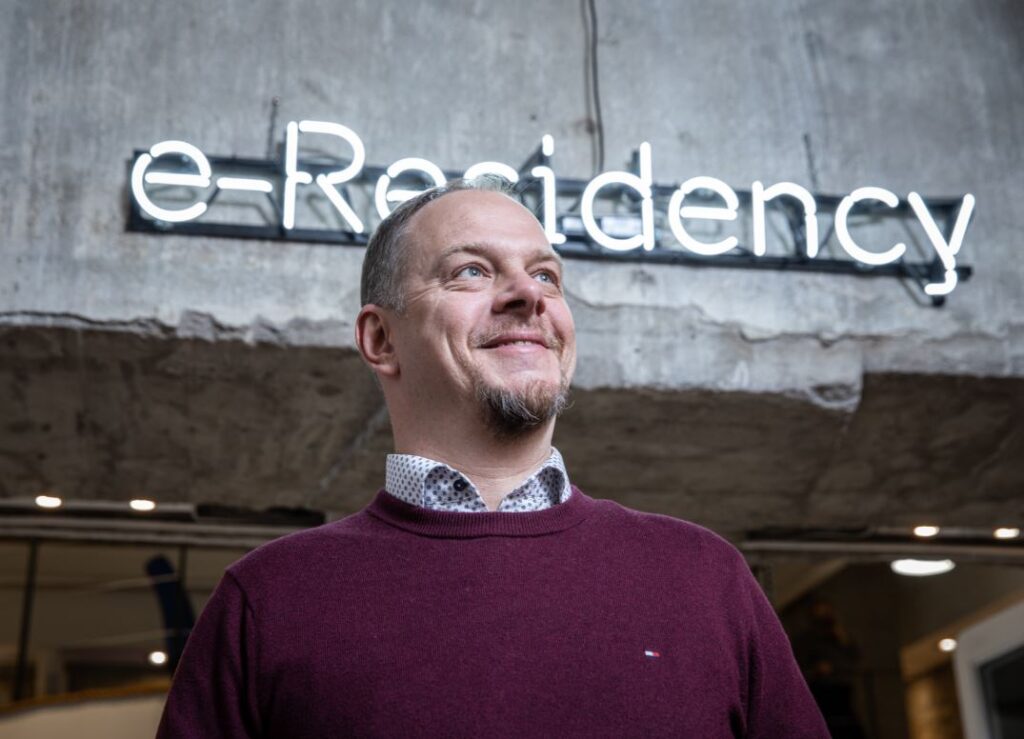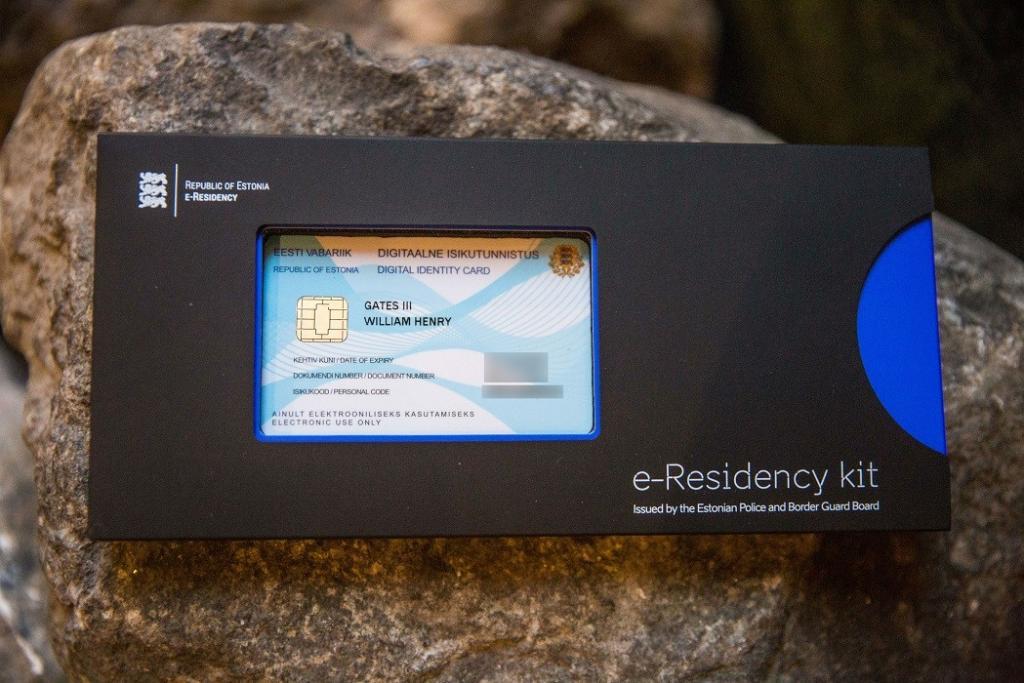In 2020, companies set up in Estonia by e-residents delivered nearly €17.5 million in taxes, constituting a one-third increase, compared with 2019.
This result marks a record for the annual direct economic impact of the Estonian e-residency programme that was launched in 2014. Over the course of six years, the e-residency programme has cumulatively bolstered the national budget by approximately €54 million, the programme said in a statement.
Lauri Haav, the managing director of the e-residency programme, believes the record-breaking result allows for setting even more ambitious objectives. According to Haav, the economic impact of the programme is growing at a brisk pace mainly because of two trends. On the one hand, the companies established by e-residents continue to grow and expand. On the other hand, e-residents create thousands of new companies each year, some of which have the potential to develop into international success stories.
“During the past three years, nearly 20% of all private limited companies registered in Estonia have been established by e-residents. Additionally, the programme has made a significant contribution to the enlargement and diversification of the Estonian economy,” Haav said in a statement.
The calling card for Estonia’s digital society
In 2020, the largest contributions to the national budget came from taxes declared by companies belonging to e-residents from the US, Finland, Sweden, Russia and Ukraine, indicating that Estonia’s digital solutions are highly regarded both in progressive wealthier countries, as well as in countries where e-residency offers alternative business opportunities, according to the programme.

Andres Sutt, the Estonian minister of entrepreneurship and information technology, believes e-residency has become the calling card for Estonia’s digital society. Furthermore, the steady increase of tax revenue generated by the programme is a clear sign of the programme’s necessity and future potential.
“The e-residency programme offers numerous advantages to a small country like Estonia. In the six years since the programme was launched, we have welcomed thousands of entrepreneurs who are now operating from Estonia. Moreover, the e-residency programme has spurred innovative rethinking of traditional business models and provides a flexible platform for a new generation of entrepreneurs,” Sutt said.
According to Haav, sole proprietorships or small businesses constitute the majority among the companies established by e-residents.
Location-independent business management
“Those companies are best characterised by agility and process-based learning, with the majority of them being established in sectors that deliver high added value, such as information technology and communication, research and development, etc,” Haav asserted.

Furthermore, e-residency allows for location-independent business management, offering an additional safeguard for stability of operation in the current COVID-19 pandemic. As such, the e-residency programme has garnered legions of loyal devotees from all over the world due to its inherent digital sustainability and security, as well as Estonia’s business environment known for its transparency and minimal red tape, the programme said.
The Estonian e-residency programme was launched in December 2014 with the aim of providing foreign nationals with safe access to e-services offered within the Estonian e-governance ecosystem. All e-residents are issued digital ID cards that enable digital signing of documents and logging into e-service portals as well as other information systems that recognise the Estonian ID card.
E-residency does not confer citizenship, tax residence, residence permit or permission to enter Estonia or the European Union.
Since the launch of the programme, Estonia has welcomed more than 80,000 e-residents who, in turn, have established over 16,000 companies in Estonia.
Cover: The e-residency car presented to Bill Gates, a co-founder of Microsoft Corporation. The image is illustrative. The images are by the e-residency programme.

